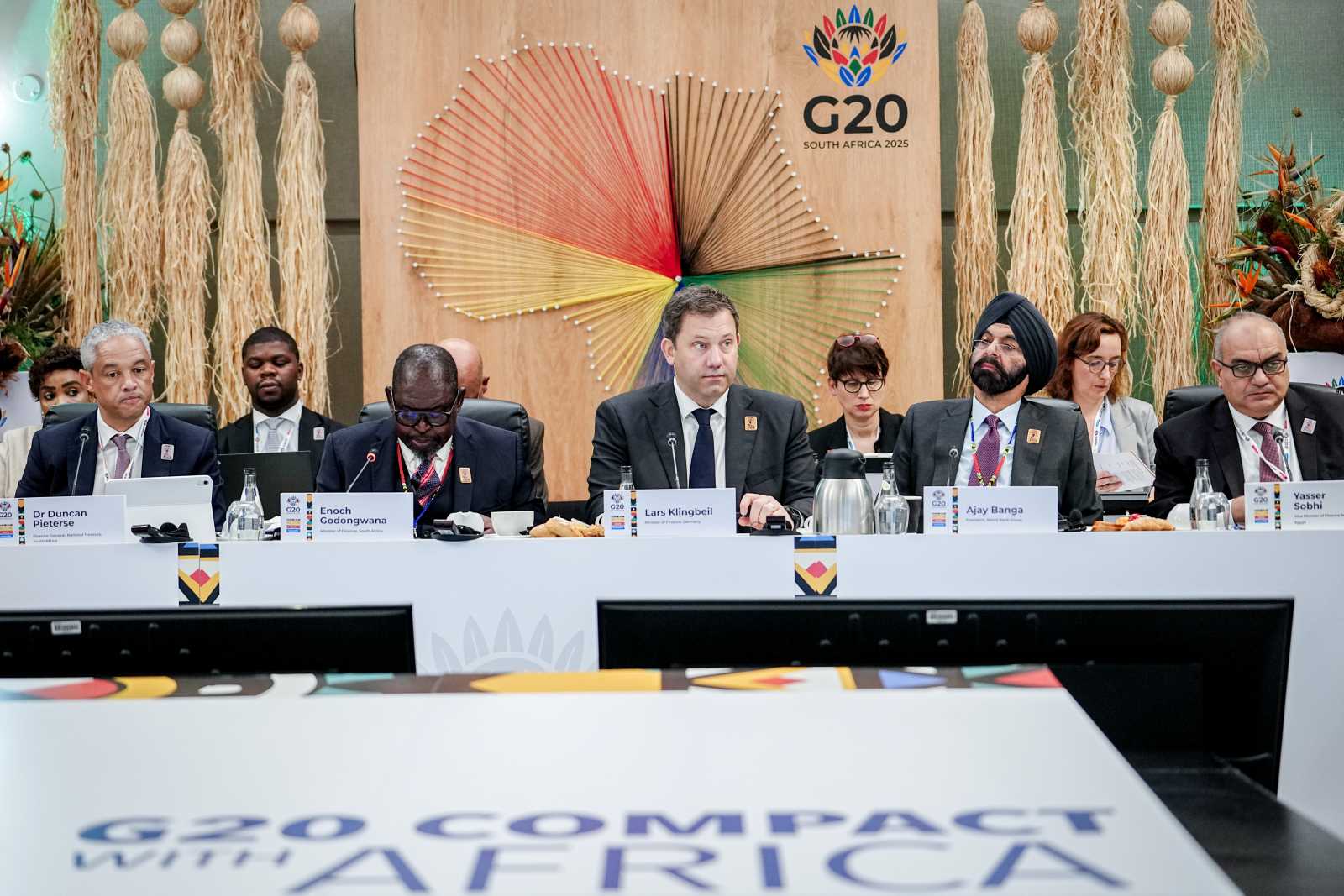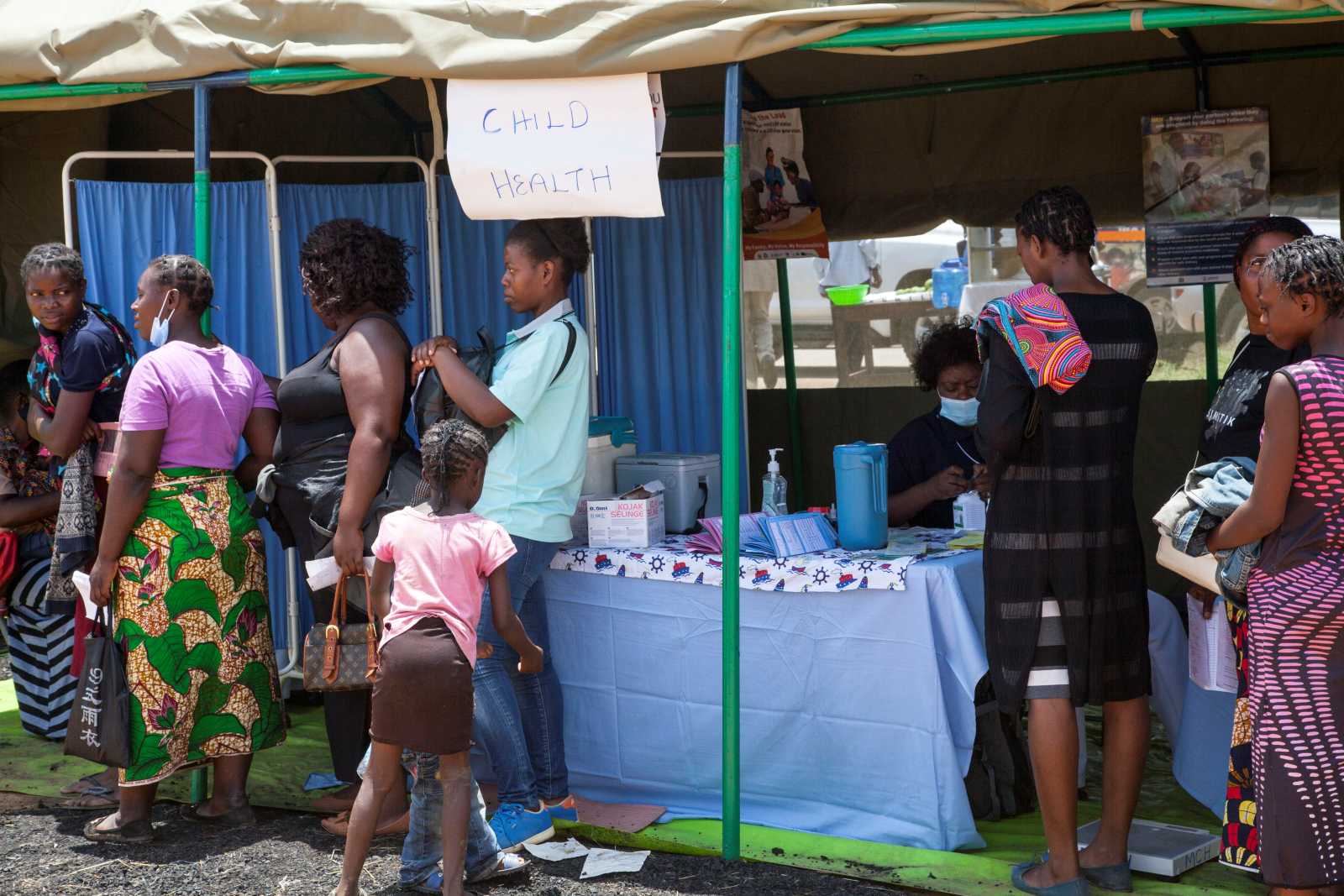Fusion von GTZ, InWEnt, DED
Zafrullah Chowdhury zu Reformplänen
Internationally, poverty has only been successfully fought where the private sector has thrived. How can and should a donor agency best support your country in this respect?
Recently, a Bangladeshi NGO participating in an infant mortality research project of the Johns Hopkins University, USA recreated and rearranged a village in the chars very near to where I work now for the Thai princess to come and spend one night and experience rural life in Bangladesh. Nearly 7 million BDT was spent for this trip, not to mention the cost of security and protocol provided by the Government of Bangladesh. Unfortunately, the whole saga also cost the life of a Thai counsellor who was killed in a road accident when the entourage was returning to Dhaka.
The "village" was dismantled a few days after the princess's departure.
If a small local NGO can indulge in this kind of fanfare, at the direction of the Johns Hopkins University authorities for the promotion of a research project, can we blame private corporations for the kind of unethical promotion they engage in to sell their wares?
I don't think the state should abdicate its obligation to meet basic needs of its citizens and leave it either to ngos or the private sector. Poverty reduction is an obligation on the part of the state. It should be supported in this role by donors, ngos and the private sector. Private sector can create employment and therefore contribute to income earning. In Bangladesh, the section of the private sector responsible for major employment creation has enjoyed tax holidays and subsidies from the government. Despite all this support from the government, this sector continues to drag its feet on paying minimum wages and workers' safety and not investing in human resource development.
Unfortunately, donor conditionality of "sustainability" has made the NGO sector with a few exceptions adopt "private sector behaviour".
The Millennium Development Goals stress progress in specific sectors. How can and should a donor agency for technical cooperation best support your country in this respect?
In my view, the best support for Bangladesh will be to government for (i) the improvement of health services at the local level; (ii) the training of local health care providers including traditional birth attendants; and (iii) the development of a monitoring system leading to regular reporting by the government under the International Covenant on Economic, Social and Cultural Rights.
The Paris Declaration and the Accra Agenda for Action stress the relevance of enhancing government capacities. How can and should a donor agency best support your country in this respect?
Capacity building of government functionaries should include orientation and awareness of social issues including those of gender equality and accountability to the common people. Donor agencies must not go for quick fixes. Patience is required for sustainable solutions.
Good and responsible governance have figured high on the development agenda ever since the World Bank's World Develoment Report of 1997. How can and should a donor agency best support your country in this respect?
Donor agencies have to support decentralisation, devolution and good and responsible governance at all levels of government. Donors must insist on the creation of a new tier of local government at the provincial level covering 2-3 million population. They have to support the building of strong Union Parishads at the lowest tier covering 30-50,000 population and Upazila Parishads with 250-500,000 population. Strong local government will enable people's participation in development and reduction of poverty.
In regard to the past, what are strong points of GTZ, InWEnt and DED that you would want to last?
Inwent publishes an important journal D+C on Development and Cooperation. This journal is informative and deals with current issues critically and courageously. D+C gives a feeling that it is a publication with an independent mind, not a government financed mouth piece. Inwent should popularise D+C in Asia, Africa and also within Europe. D+C should organise seminars around the world.
DED may be merged with GTZ. Huge investments are required to overcome energy problems in developing countries such as Bangladesh. Solar energy production and distribution in poor rural districts, riverine islands (chars) such as where I am currently working and in hill districts would be a useful, productive and sustainable use of development assistance.
















